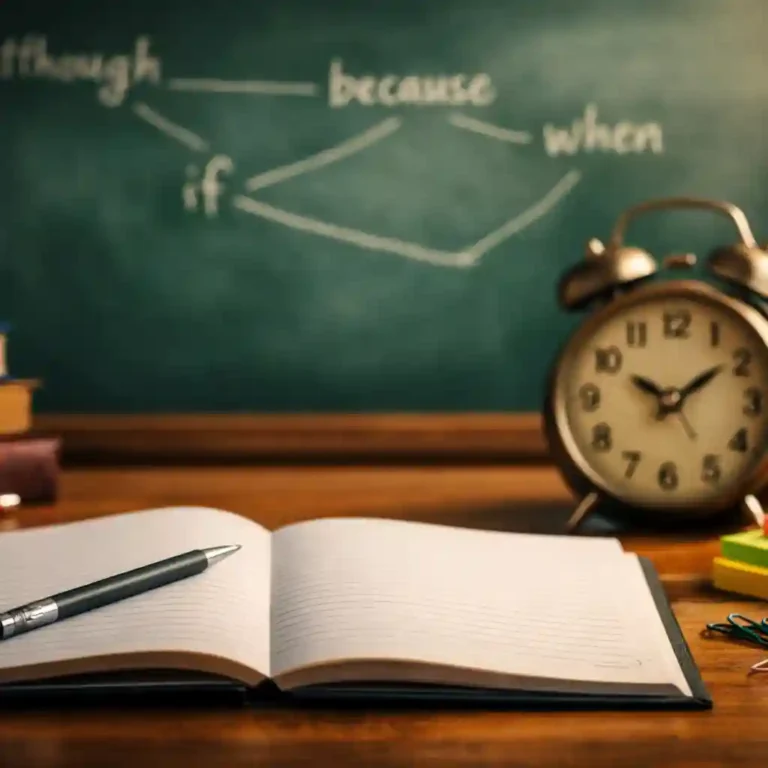Comma Rules: A Lesson with Practice and Worksheets
Commas may be small, but they pack a big punch in writing! Used correctly, commas can make your sentences clear and polished; used poorly, they can cause chaos and confusion. In this lesson on comma rules, we’ll break down the essential guidelines, practice together, and then try it out on your own with a printable worksheet and answer key.
Lesson Content
📒 Notes on Comma Rules
Use a comma after an introductory word, phrase, or clause.
Example: After dinner, we went for a walk.Use commas to separate items in a list (the Oxford comma is optional, but recommended for clarity).
Example: I bought apples, oranges, and bananas.Use a comma before a coordinating conjunction (for, and, nor, but, or, yet, so) when it joins two independent clauses.
Example: I wanted to go outside, but it started raining.Use commas to set off nonessential information.
Example: My brother, who lives in Toronto, is visiting.Use a comma to separate two or more adjectives describing the same noun.
Example: It was a long, tiring day.Use commas with direct addresses, interjections, and tag questions.
Example: Let’s eat, Grandma!Use commas with dates, addresses, numbers, and quotations.
Example: On July 4, 1776, the Declaration was signed.
👥 Practice Together
Add commas where needed:
Before we leave for the trip we need to pack our bags.
I want to adopt a playful cuddly puppy.
Sarah who is my best friend is moving away.
I finished my homework and I played video games.
Well that’s not what I expected.
✅ Answer Key for Practice Together
Before we leave for the trip, we need to pack our bags.
I want to adopt a playful, cuddly puppy.
Sarah, who is my best friend, is moving away.
I finished my homework, and I played video games.
Well, that’s not what I expected.
Click here for student worksheet.
Click here for teacher answer key.
Back to the Grammar Lessons





